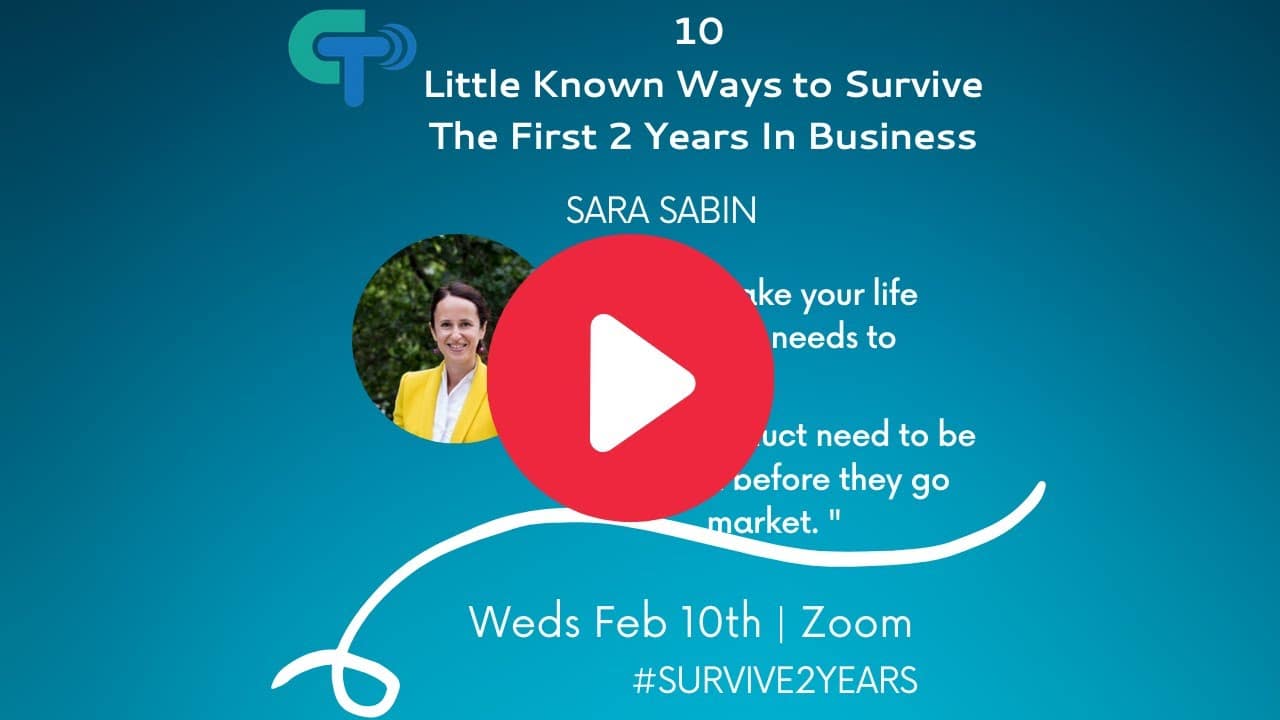Before we discuss raising funds, you might be wondering what does raising funds have to do with Virtual Numbers – you’d be right to ask and the answer not much, but this is about being the complete business and a virtual number and raising funds are two key components to keeping your business afloat for the long term.
Here are some commonly asked questions when we talk about funding:
- Should I get investment?
- When should I get it?
- Is it the right time for me?
- If I do get it how do I get it as quickly and painlessly as possible?
Do these relate to you? Have you been down this road before and found yourself asking the questions above?
Today we’re going to look at – equity investment, when I was doing it for myself, I made a lot of mistakes so I’m well aware of the pitfalls to avoid and how to get you to where you need to go faster so that fundraising does not become your life’s work and distract you from everything else.

Why You Might Want To Raise Funding:
There is an endless list of reasons why you want to raise capital for your business. Maybe you want to outsource some of your work because you’re getting burned out trying to do everything yourself. Or perhaps you need to build a product or a technology and you lack the expertise to do it yourself. Maybe you just want to finally pay yourself a salary because you’re always paid last. Or better yet, you have pre-revenue or low revenue with proof of concept and you need a cash injection to continue.
Ask yourself first before you even go down this road: do you really need equity investment or is there another way so there are alternative sources of funding you can draw upon? Can you access grants, government loans, bank loans, etc? Either way, you want to be sure about which strategy you want to use.
If you decide that you do want equity investments, you need to do an estimate of how much you need to reach the next stage in your business. Remember: at an early stage, you will have to give away a greater percentage of equity because the risk is greater for the investor to invest. However, you don’t want to run out of capital in one or two months either. There, you need to strike a fair balance. Don’t go too low with what you’re asking for.
Another thing that you want to consider is how to distribute your investment load. If you want to raise £100,000, it is much simpler to have 10 investors putting in 10 000 pounds each than 100 putting in £1,000. You do not want make your life harder than it needs to be. Get to the point you need to get to as quickly and painlessly as possible.
Other Ways to Raise Capital:
You might have heard of SEIS and EIS relief. SEIS relief is for an investment amount up to £150,000. This useful assurance from HMRC then becomes available to investors of your business. What this effectively means for your investors is that the risk of investing in your business is mitigated through tax breaks.
This is especially useful for high-income earners because it reduces their taxable income and allows them to save income tax. There are also capital gains and capital loss relief. Therefore, maximizing the incentives for investors to patronize your business.
It should be noted that you will need a financial report; complete with a balance sheet, profit and losses, cash flow, and business projections over the next three to five years. You can either attempt to do this yourself or you can outsource it for usually a few hundred pounds. It can be quite a time-consuming process. You will also need a roadmap of how you’re going to build out the product and key milestones. This will also include tech updates as well if you have a tech start-up. It cannot be stressed enough how important it is to have a team behind you. This will help pacify investors who are quite reticent to invest in one-man businesses.
By team, I don’t necessarily mean a team of people that you’re paying but that could look like having advisors so those advisors would cover off the key skills that you need to make a business successful so for example, someone in charge of sales, someone in charge of marketing, someone in charge of finance and if you have a tech start-up obviously having a technology officer is also really useful so early-stage investors also really looking at the team because they’re thinking can this team of people make this start-up a success. If you have co-founders, then having co-founder agreements in place in the event of disputes is really important.
Who You Approach For Early-Stage Investment:
Now if you’re at an early stage, it’s not the time to be approaching venture capital firms. You want to prioritize your ‘warm network’ first. So that’s your friends and family. It could be people you met networking events, colleagues, or even ex-colleagues. Basically, anyone that you know in some capacity falls into your warm network.
Oddly enough, it is this approach that creates the most resistance amongst entrepreneurs. Their reluctance of telling people what they’re up to may mean that they put off gaining as much traction as quickly as possible. Nonetheless, the saying that ‘your network is your net worth’ still holds true here.
The next stage is to target highly interested parties. So for instance, imagine that you have a networking platform for lawyers. You could approach senior lawyers that understand typical pain points. This type of intimate market research is a really good way of getting early-stage investors. It is imperative to think about who your market is. You should consider who is at the top end of your target market. Then, and only then will you be ready to contact them in order to start building relationships and pitching your ideas.
In addition, there are also high net worth individuals and angel investors. In fact, high net worth individuals usually ARE angel investors. With angel investors, you can either approach particular individuals or groups which feature angel investors. I personally recommend using LinkedIn in order to start establishing your presence and building relationships with those types of groups and investors.
Then of course there are early-stage VCs. These are VCs that specifically invest during the early stages of a business. Examples of these include the start-up funding club and an organization called Forward Partners. It must be noted that getting investment through that route is extremely competitive.
The last thing I just want to cover off is crowdfunding. Five to ten years ago, crowdfunding used to be a lot easier, in my opinion. There was no shortage of stories where people raised six hundred thousand pounds very quickly. Now it’s a lot harder to successfully crowdfund. It takes a lot of intensive work and effort so there’s a one to two-month build-up even before you start crowdfunding. In an ideal world, you can follow the kind of people that you should be reaching out to regardless. That way you may not even need to go down the crowdfunding route.
Virtual Numbers With Cleartone
Are you on the hunt for a virtual landline number for your business? At Cleartone we can help, from national numbers to local numbers, whatever your needs we can accommodate, and with inclusive call features you don’t need to look anywhere else for your business number needs.

Nationwide Presence with an 0333 Number
0333 numbers are virtual business numbers, that give your company a nationwide presence. They are ideal for businesses that want to attract potential customers from throughout the UK, instead of just their local area.
Check out the full session from our webinar on the video below:

